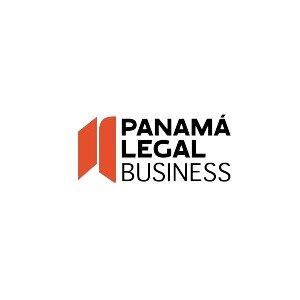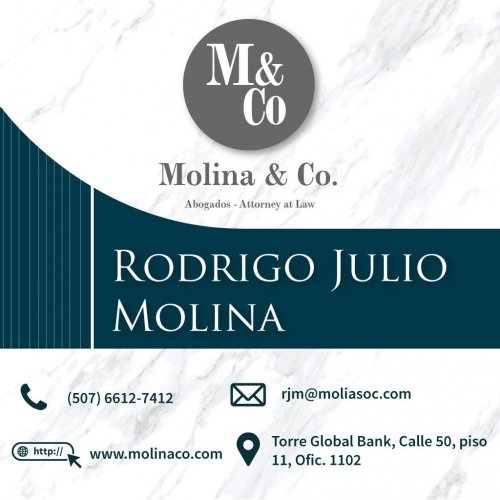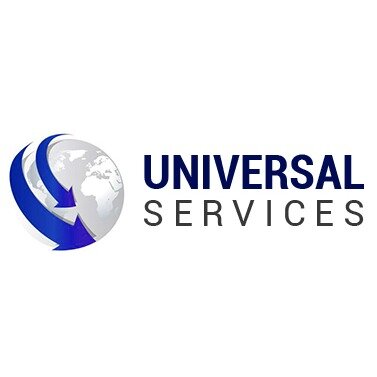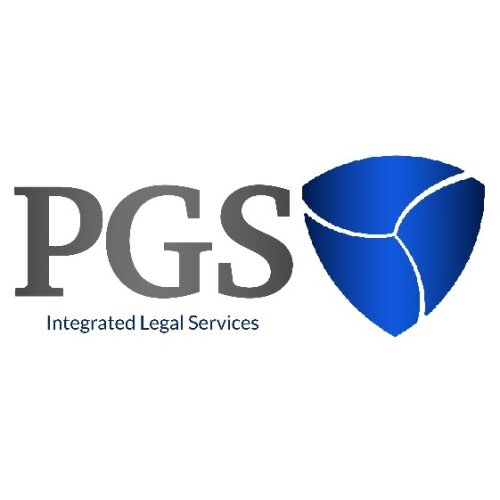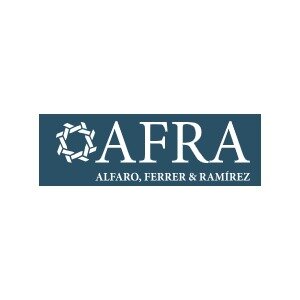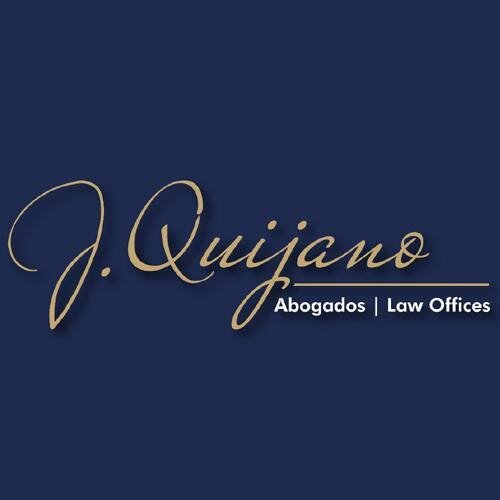Best Conveyancing Lawyers in Panama City
Share your needs with us, get contacted by law firms.
Free. Takes 2 min.
Free Guide to Hiring a Real Estate Lawyer
List of the best lawyers in Panama City, Panama
About Conveyancing Law in Panama City, Panama
Conveyancing in Panama City, Panama refers to the legal process of transferring ownership of real estate from one party to another. This process covers residential, commercial, and land transactions. It involves preparing, verifying, and executing relevant documents, ensuring the title is clear, handling funds, and registering the new ownership with appropriate authorities. Due to Panama’s active real estate market and its popularity among both locals and foreigners, understanding conveyancing laws and procedures is essential for anyone wishing to buy, sell, or transfer property in Panama City.
Why You May Need a Lawyer
Engaging a qualified lawyer is highly recommended when participating in conveyancing activities in Panama City. Typical scenarios where legal assistance is advised include buying or selling real estate, transferring property within a family, acquiring property for business purposes, addressing inheritance matters, or resolving title disputes. Lawyers help verify property titles, draft and review contracts, advise on taxes and fees, and ensure proper registration. They also protect clients from potential legal pitfalls and can represent them in negotiations or disputes.
Local Laws Overview
Conveyancing in Panama City operates within the framework of the Panamanian Civil Code and is closely supervised by the Public Registry. All land transactions must be recorded through the Public Registry system to be legally binding. Foreigners have the same rights as Panamanians to own property, except in specific zones with restrictions. Several critical steps are required, including due diligence on the property’s title, verifying outstanding taxes, clearing any encumbrances, drafting public deeds for signature before a Public Notary, and registering the new deed. Notaries and licensed attorneys play significant roles in each step of the process, with strict adherence to documentary and procedural requirements to ensure transactions are valid under Panamanian law.
Frequently Asked Questions
What is conveyancing in Panama City?
Conveyancing is the legal process of transferring a property title from one owner to another in Panama City, which includes verifying title, preparing legal documents, closing the transaction, and registering the property with government authorities.
Do I need a lawyer to buy property in Panama City?
While it is possible to purchase property without a lawyer, hiring one is highly recommended to avoid costly mistakes, ensure all legal requirements are met, and protect your interests throughout the process.
Can foreigners buy real estate in Panama City?
Yes, foreigners enjoy the same property ownership rights as Panamanian citizens except in some restricted areas, such as land near national borders or certain protected zones.
How is property ownership recorded in Panama?
Property ownership is recorded at the Public Registry of Panama. A transaction is not legally completed until it is registered in this official system.
What taxes are involved in a property sale?
The main taxes include a transfer tax, usually paid by the seller, and capital gains tax. Buyers should also be aware of annual property taxes assessed by the municipality.
What documents are required for conveyancing?
Essential documents include the previous title deed, up-to-date tax receipts, proof of payment of utilities, property survey, sale and purchase agreement, and identification of all parties involved.
How long does the conveyancing process take in Panama City?
The process typically takes one to three months, depending on the complexity of the transaction, diligence checks, and the efficiency of registry processing.
What is the role of a Public Notary in conveyancing?
A Public Notary oversees the signing of the public deed required for property transfers, verifies identities, and ensures all documentation is in compliance with legal standards before notarization.
What are common pitfalls during conveyancing?
Common pitfalls include purchasing property with unresolved debts, errors in legal descriptions, improper due diligence on the seller’s title, and failure to properly register the deed. A lawyer can help prevent these issues.
Can conveyancing be completed remotely?
Yes, conveyancing can often be managed remotely through a power of attorney granted to your lawyer, allowing you to purchase or sell property from abroad. Legal advice is crucial to draft and accept such arrangements.
Additional Resources
Several resources and organizations can assist with conveyancing matters in Panama City. The Public Registry of Panama is the main authority for property title registration and record verification. The Panama Bar Association offers directories of qualified lawyers and legal guidelines. The Ministry of Housing and Territorial Planning provides regulations and property laws. Many reputable law firms specialize in real estate and conveyancing and can provide consultations and legal representation.
Next Steps
If you are considering a property transaction in Panama City or need conveyancing help, your first step is to consult with an experienced real estate lawyer. Gather all relevant property documents and information about the transaction. Discuss your goals and concerns with the lawyer to receive tailored advice. Confirm their expertise in Panamanian property law and their familiarity with the Public Registry system. Moving forward, your lawyer will guide you through the due diligence, contract drafting, closing, and registration phases to ensure the process is smooth and legally secure.
Lawzana helps you find the best lawyers and law firms in Panama City through a curated and pre-screened list of qualified legal professionals. Our platform offers rankings and detailed profiles of attorneys and law firms, allowing you to compare based on practice areas, including Conveyancing, experience, and client feedback.
Each profile includes a description of the firm's areas of practice, client reviews, team members and partners, year of establishment, spoken languages, office locations, contact information, social media presence, and any published articles or resources. Most firms on our platform speak English and are experienced in both local and international legal matters.
Get a quote from top-rated law firms in Panama City, Panama — quickly, securely, and without unnecessary hassle.
Disclaimer:
The information provided on this page is for general informational purposes only and does not constitute legal advice. While we strive to ensure the accuracy and relevance of the content, legal information may change over time, and interpretations of the law can vary. You should always consult with a qualified legal professional for advice specific to your situation.
We disclaim all liability for actions taken or not taken based on the content of this page. If you believe any information is incorrect or outdated, please contact us, and we will review and update it where appropriate.




